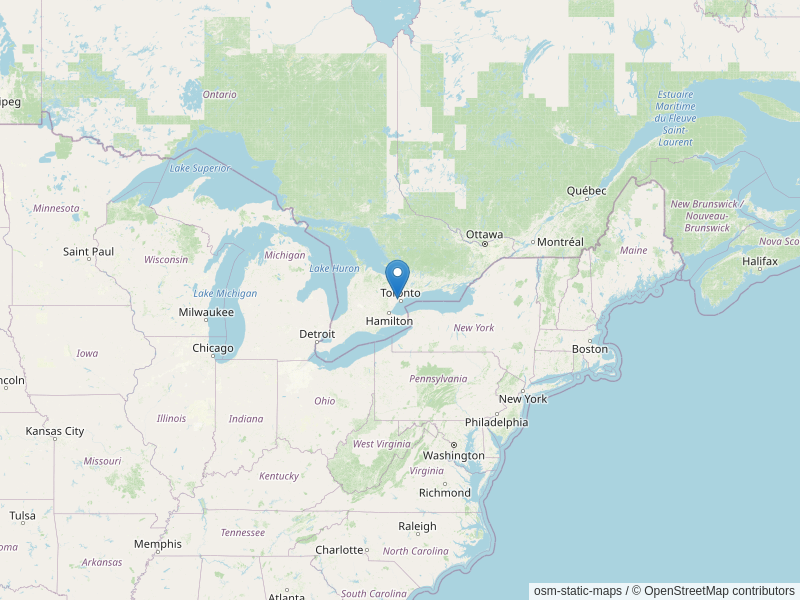Undergraduate

It is entirely possible for graduates of Canadian high schools or CEGEPs to pursue Bachelor studies at a German university. However, in some cases, a standard Canadian high school or CEGEP diploma is not sufficient to gain direct entry to a student’s program of choice.
In order to determine whether you are eligible to apply to a specific degree program, it is advisable to contact the German university’s Admissions (Zulassungsstelle) or International Office directly.
In this letter / email, you should do the following:
- introduce yourself
- identify the specific degree program(s) of interest to you
- provide a copy of your high school / CEGEP transcripts
- ask directly whether the university would be able to accept an application from you
- if so, ask for details on the application process is
- if no, request information on what qualifying program they would need you to complete in order to consider your application.)
Many international students do not qualify for direct entry to German Bachelor programs. There are two primary ways students can address this situation.
The first is through a Studienkolleg, a program of study designed to help fill the course gaps in international students’ high school records, but which also include German language courses and orientation to German university culture.
Studienkollegs are tuition-free, but require attendees to have German language skills at the low-intermediate level (B1) or above. Graduates of such programs are typically eligible to apply for entry to German Bachelor programs. More information on this option can be found at on the website of “Studienkollegs in Germany” found at:
www.studienkollegs.de.
For students without German language skills at the low-intermediate level, there is the option of English-language Prep Courses. These courses also prepare attendees for Bachelor studies at German universities, however, here the emphasis is on readying students for study in an English-language Bachelor program. Typically, Prep Courses are offered on a “for fee” basis.
More information on these programs, search the “Prep Courses” entries found in the database found on the website of DAAD Germany at: www.daad.de/idp.
One alternative way to gain entry to a German Bachelor program is to begin your studies at a Canadian university and apply to transfer into a German university for your second year. In order for this option to work, you will need to remain in the same field of study at the German university as you were pursuing in Canada.
This option avoids the issues related to direct entry from high school, however, before starting down this path, it is advisable to communicate your intentions to the German university of your choice in order to ensure that they would be willing to consider your application to transfer and under what conditions. Also, make sure to address the issue of course credits so that it is clear what courses from your Canadian university can be recognized for credit by the German university.
There are a significant number of Bachelor programs offered in English at German universities, however, most instruction at the Bachelor level is offered in German. The level of German required for these programs will vary, but students will typically require applicants to demonstrate German language skills to at least B2 or C1 level (Common European Framework of Reference for Languages) in order to be admitted for university level studies.
Questions regarding the language level required for a specific degree program should be directed to either the degree program office or the university’s International Office. Staff there will be able to provide you with details on the language requirements along with what documentation applicants need in order to prove their language skills.
For information on learning German, including where to study this in Canada, by clicking here .
International students in Germany on a student visa are able to work part-time during their studies. More information on the regulations covering such employment can be found on the “Study in Germany” website by clicking here.
Degrees issued by German universities enjoy a high degree of recognition around the world. (If you are planning to work outside of Germany in a field that is regulated by a professional association (e.g. engineering, medicine, etc.), it is wise to check with the relevant body about having your degree recognized in that country before you begin your studies in Germany.
If upon graduation you decide that you would like to pursue employment opportunities in Germany, this is entirely possible. Most international students graduating from a German university qualify for an 18-month work permit which enables them to take any kind of employment to support themselves in order to fund the search for a job in their specific field.
For more details on opportunities in Germany which are open to international graduates of German universities visit the “Make It In Germany” web portal by clicking here.
Finding the right degree program
Details on all available degree programs currently on offer at German universities can be found at a variety of sources. These include program databases found on the DAAD Germany website, the “Study in Germany” web portal as well as the “Higher Education Compass” website.
For information on degree programs taught in English, visit the DAAD database for international degree programs by clicking here.
Please note that availability of English-taught programs may depend on the subject area. Also, keep in mind that even though you may choose to attend a program in English, you may still have to fulfill certain German language requirements. Make sure to contact the international office of the university you are planning on applying to for details.









